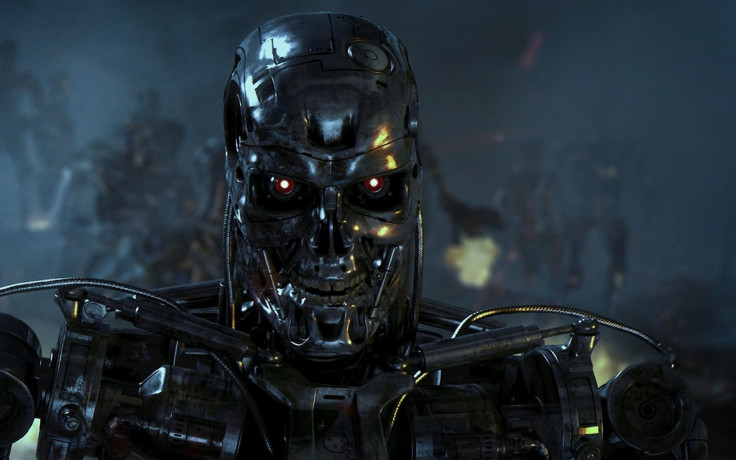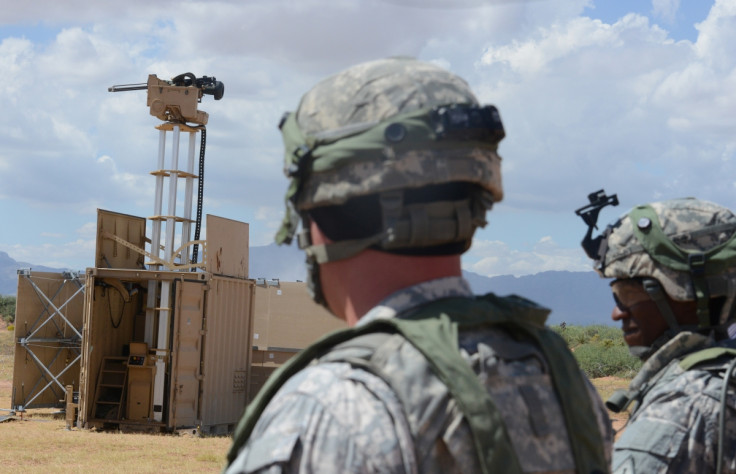Are we on the brink of a robot war? Call for UN law to ban killer robots

The threat of a robot war could become a reality with the rise of autonomous weapons and investment in emerging technologies that currently have no bans or sanctions on how they are used despite campaigns from experts to do so.
There has been increased pressure from activists, artificial intelligence experts and roboticists to impose a pre-emptive ban on "killer robots" but the United Nations (UN) has been criticised for taking too long to enact any kind of restriction on autonomous weapons and their continued research and development by the military.
An article by The Guardian explains the latest on the UN's negotiations come from a general assembly in New York where it is expected to discuss robot weaponry. However, there is the fear that there may not be an agreement set in place in time and the subject will be left in limbo. If this were to happen, it further extends the time the military has to develop new robot killing machines.
Countries who have invested plenty of money into autonomous weaponry, like the US and UK, are hoping to get around a blanket ban by lobbying the stipulation that it can only apply to emerging technologies, rather than any weaponry it is rolling out as the discussion continues. With the belief that discussions could go on for several years, the very robots that have caused this argument could have been already used. There will also be plenty of time for military organisations to develop or expedite designs before the gavel comes down.
"A lot of money is going into development and people will want a return on their investment," Christof Heynes, a human rights professor and special rapporteur on extra-judicial, summary or arbitrary executions, said. "If there is not a pre-emptive ban on the high-level autonomous weapons, then once the genie is out of the bottle, it will be extremely difficult to get it back in."
The danger of robotic weapons
The worry is echoed by many experts whose biggest fear is that robots are being given the decision to kill without human intervention and how robots could not comply with laws of war. Noel Sharkey, a professor of artificial intelligence and robotics at the University of Sheffield and co-founder of the International Committee for Robot Arms Control, has argued vehemently with the UN over the ramifications of robot soldiers.
"There is a problem with them being able to discriminate between civilian and military targets − there is no software that can do that," explained Sharkey. There is a concern some weapons could be excessively injurious, which is why a handful of countries (the UK, US and France included) have backed a policy of humans having "meaningful control" over a robot's decision to kill.

Governments are currently testing autonomous weapons systems, such as the self-flying X49B fighter jet and robotic gunships, as well as semi-autonomous weapons, like automatic gun turrets from South Korea and Israel that can identify human targets using heat and movement sensors and could carry out a kill if they wanted. There are also swarms of robotic drones that could be deployed to carry out reconnaissance or attack missions.
While there is an push for the UN to make a decision on a robotic weapons ban, should they fail to do so, there may be the opportunity to seek a ban outside the UN, which would involves individual states reaching an agreement. We await whether the UN will make a move on the subject.
© Copyright IBTimes 2025. All rights reserved.






















